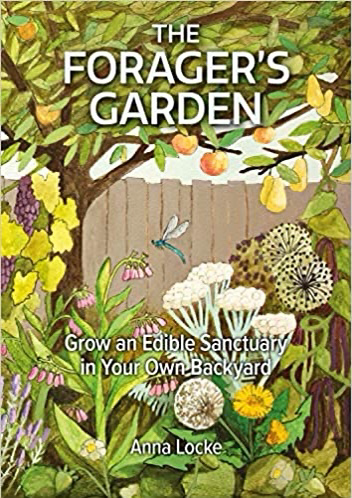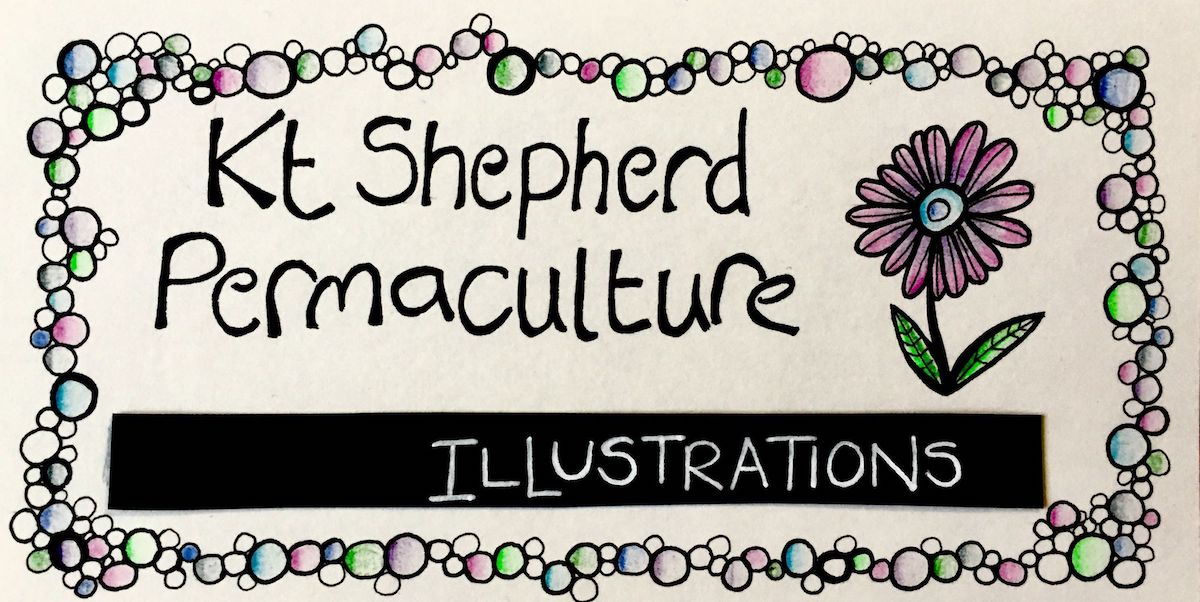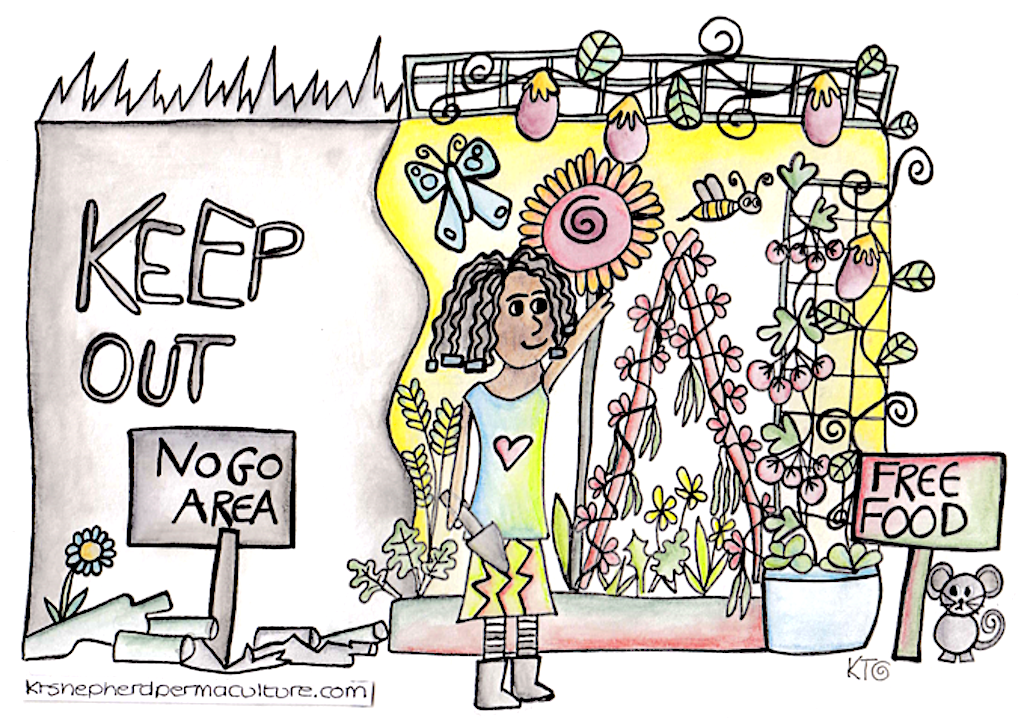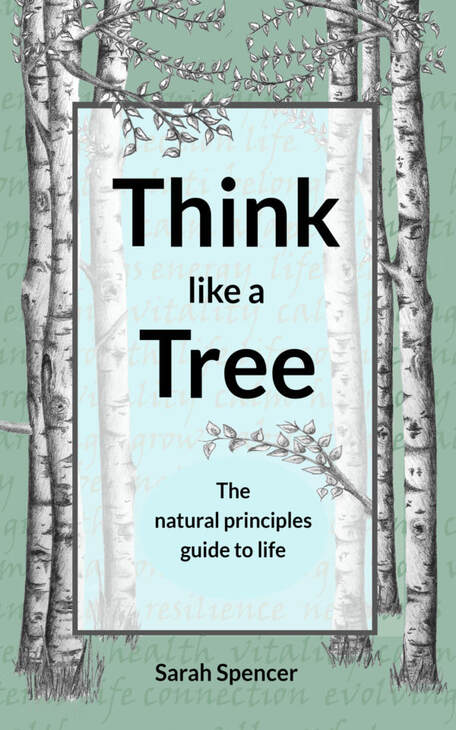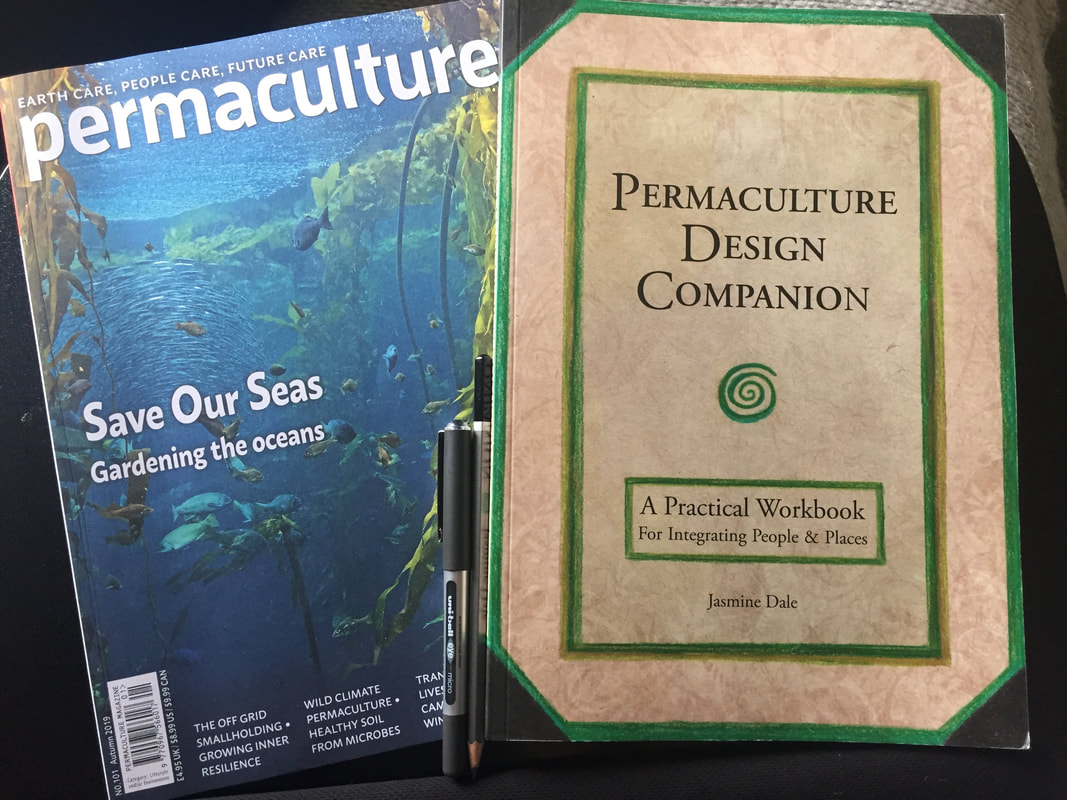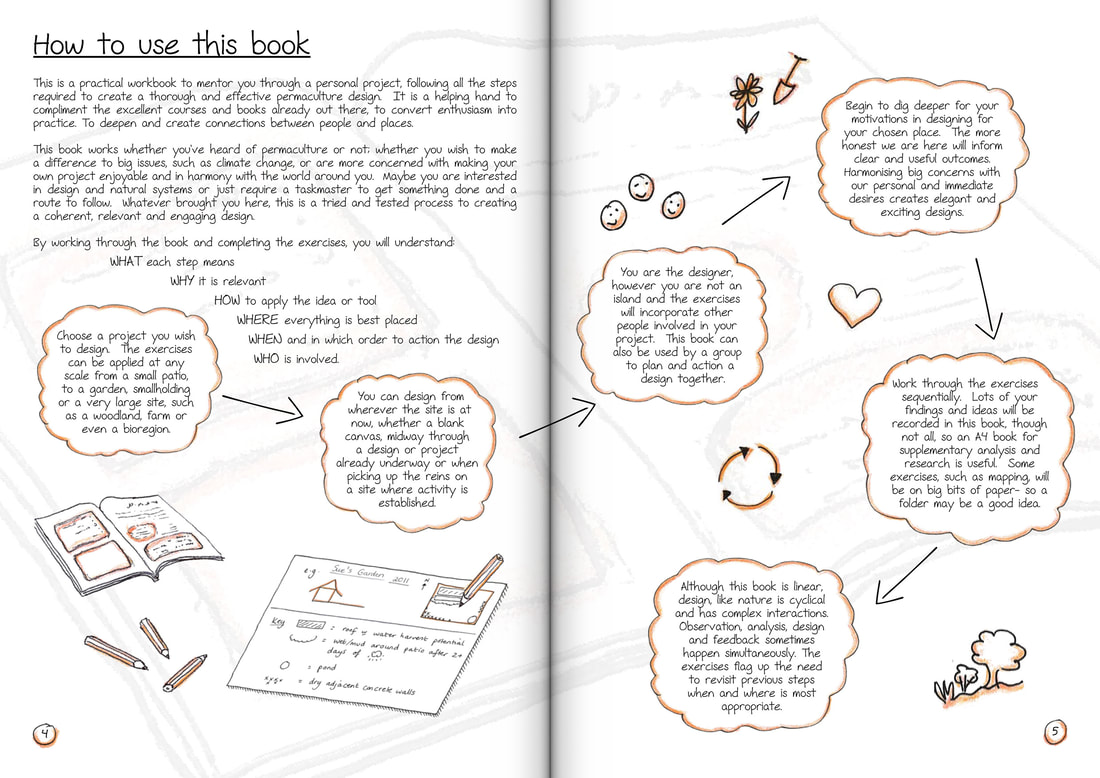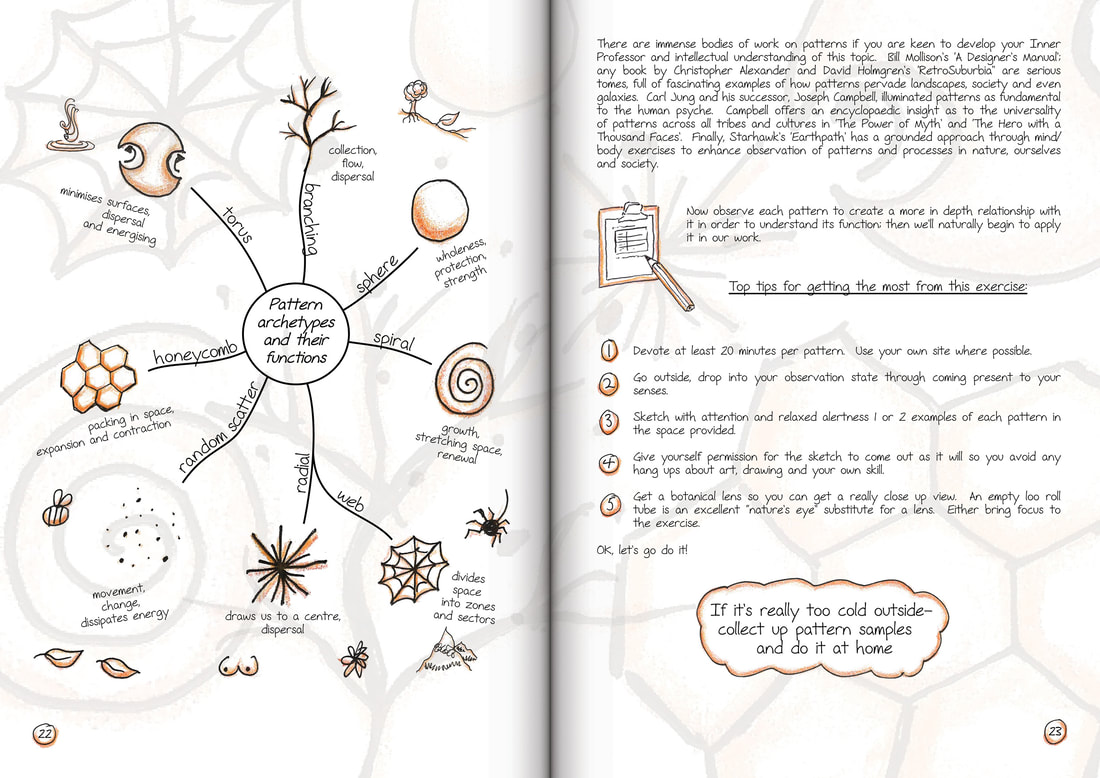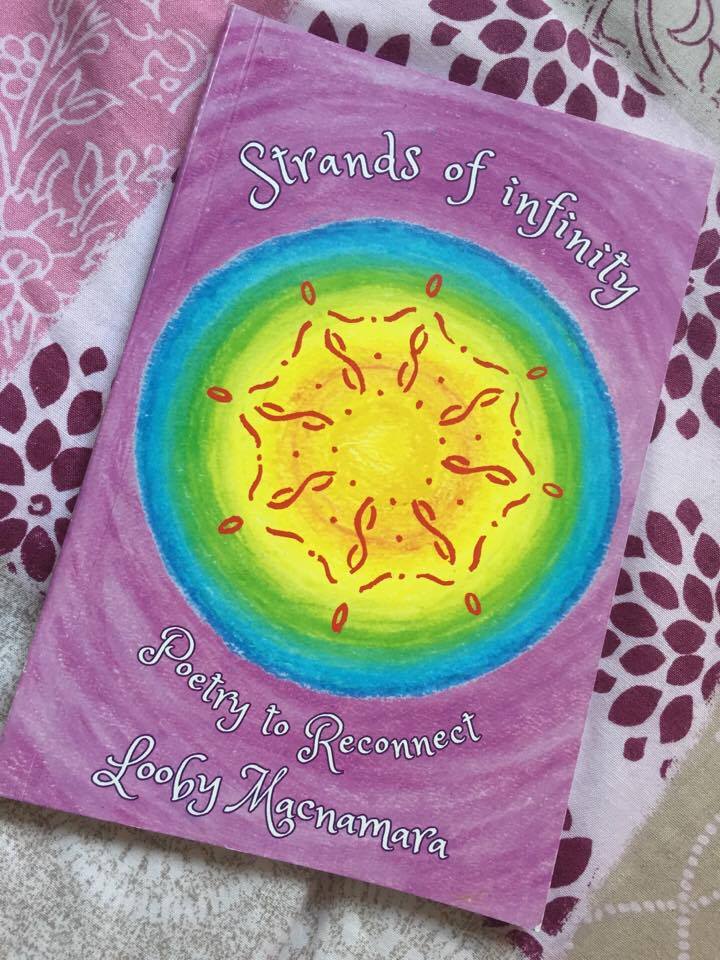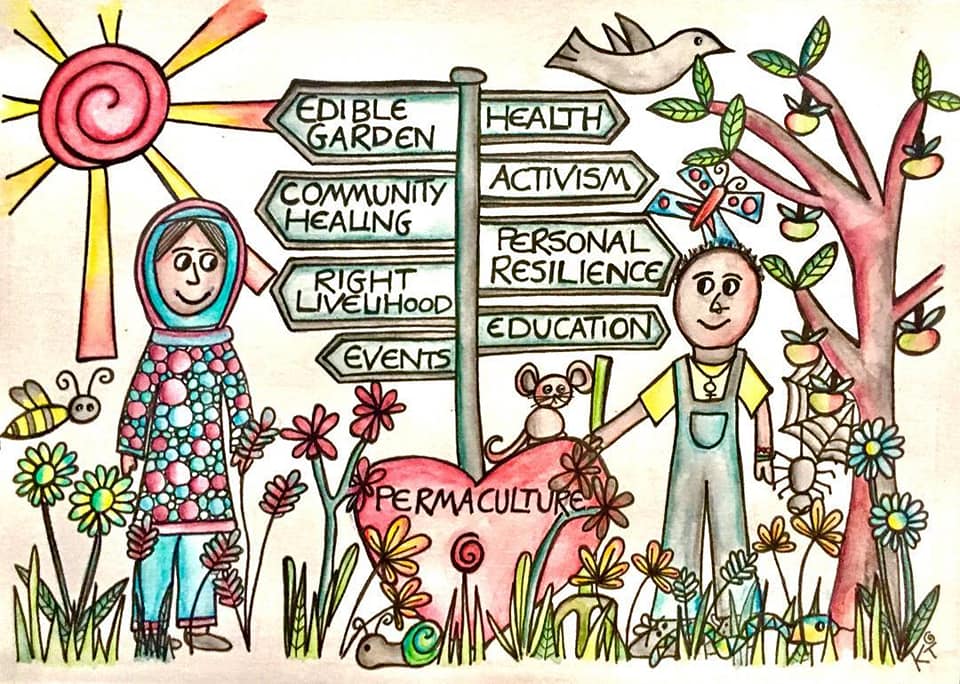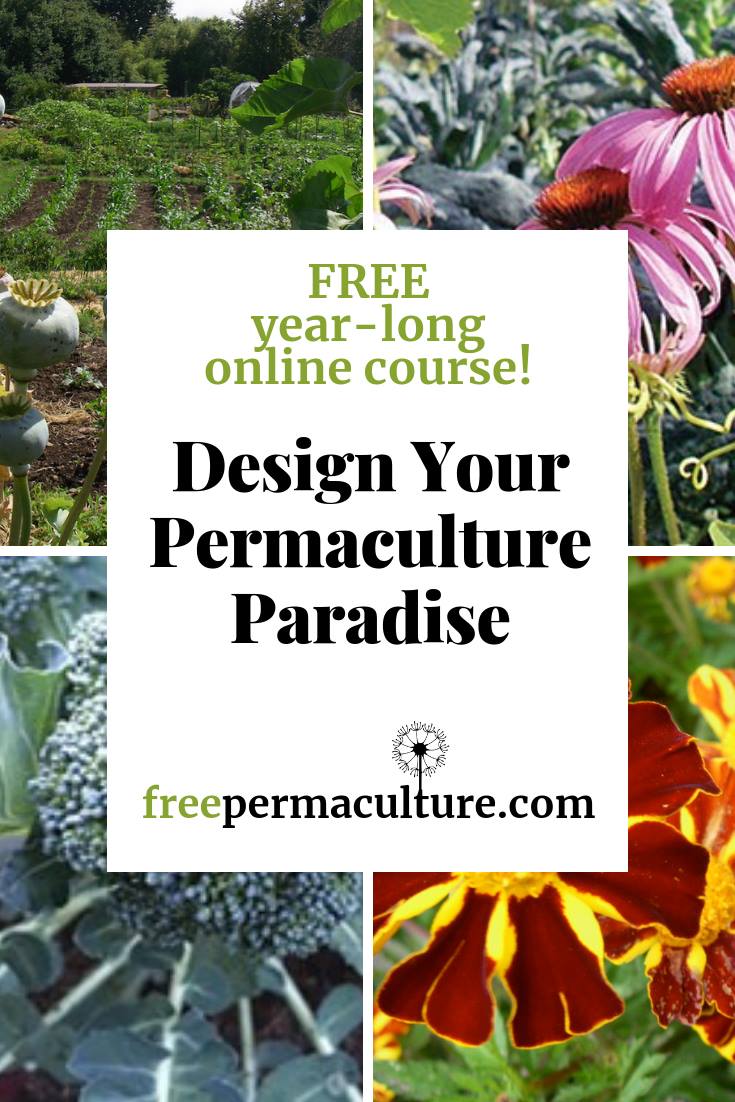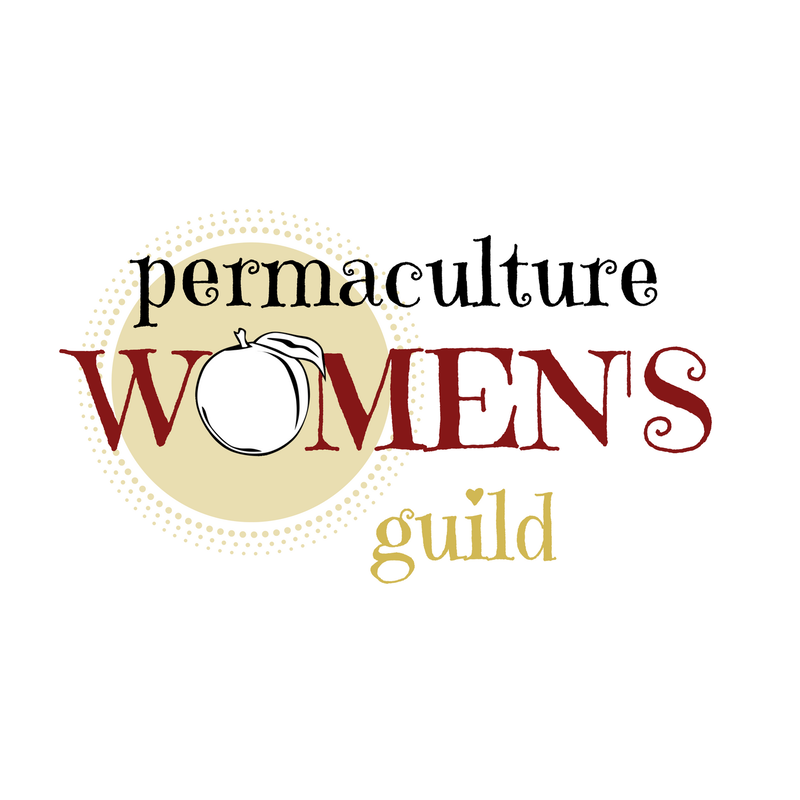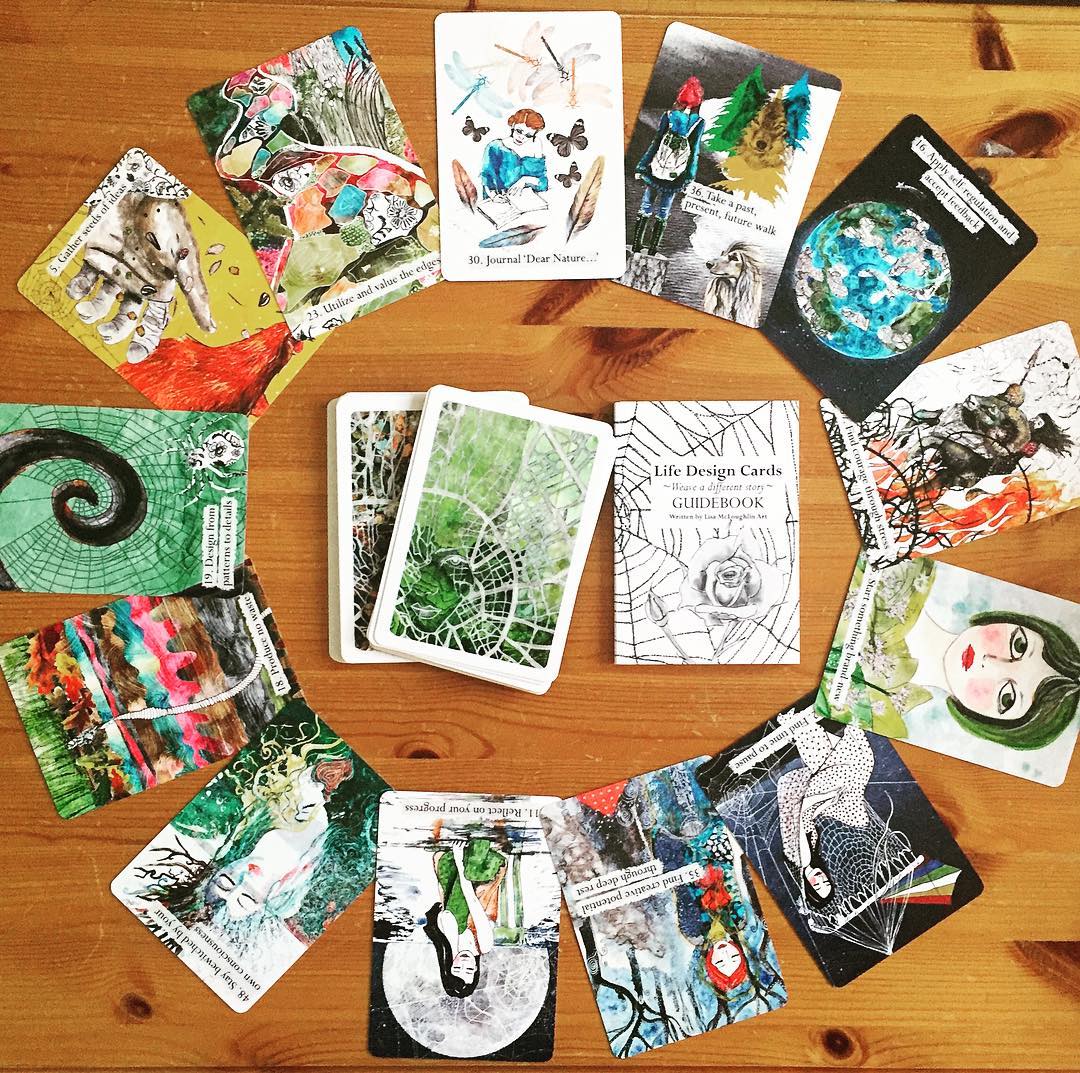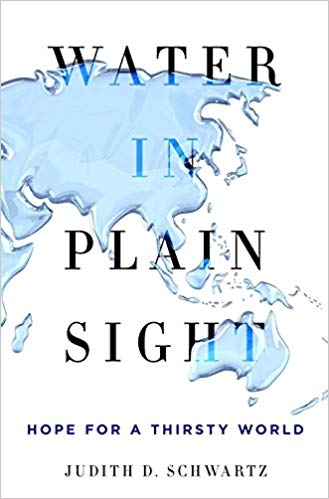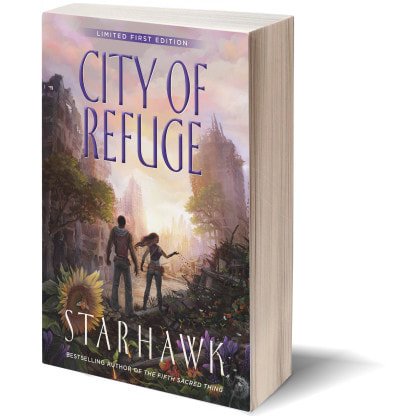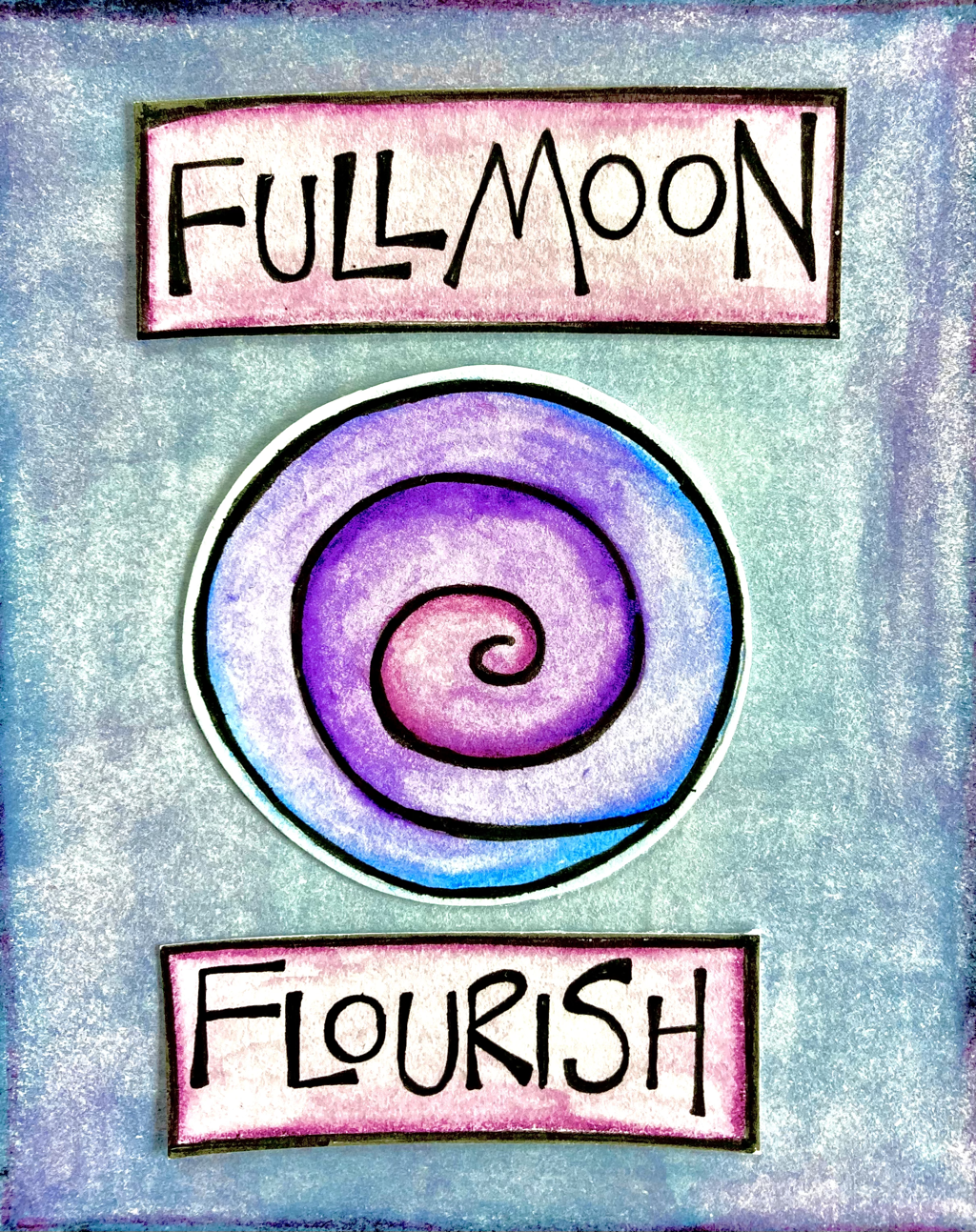Book ReviewI’ve been really looking forward to reading this inspiring sounding new book from permaculture focused garden designer and educator, Anna Locke. And it hasn’t disappointed.
Anna has taken the concept of forest gardening and created a beautiful, engaging resource to teach and empower us to design perennial based foraging gardens where humans and non-human beings in nature can flourish. Her decades of knowledge and experience of connecting people with natural environment through garden design shines through every chapter of this very accessible book. The Forager’s Garden takes us through a simple design process to grow ecological, wildlife abundant gardens. It’s a book about planting whole ecosystems on any scale, for community, private and guerrilla gardening projects. Anna’s work isn’t designed to compete with traditional vegetable and fruit growing but to compliment it. Yes, we could redesign whole gardens or community plots as foraging ones, but equally, creating small perennial plant spaces in gardens with annual edible or flower growing areas too, can also develop conditions for nature, (including humans), to thrive. With clear, jargon free text, gorgeous illustrations, diagrams and photos alongside regular prompts for applying the information presented in each chapter to our own garden design, this book will suit gardening novices alongside those of us who like to learn and learn again especially from new authors and artists. The Forager’s Garden leans to a focus on UK climate and includes chapters on; Defining what a foraging garden is; Designing for resilience and long term; How to plan your garden; Information for beginner gardeners; The benefits of including diversity in the different elements of garden creation; The use of trees in a forager’s garden; Embracing the use of plant guilds; The creation of ecological stability and abundance through creating multiple layers in a garden; Plant choices, Implementing and maintaining your garden design; How perennial focused foraging gardens or spaces in gardens, can be used in different spaces, for example, allotments, container gardening and gardening undercover or on windowsills. The book also contains an excellent “Plant finder” with lots of clear information about many common and some less so, plants that can be used to create a beautiful, successful garden space to forage from. Anna skilfully weaves ecological principles throughout the abundance of knowledge, ideas and personal garden design experiences in her book. People with some prior understanding of permaculture will also recognise the permaculture ethics or values of Earth Care, Fair Shares and People Care at the core of The Forager’s Garden. The chapters skilfully link low budget, low maintenance, edible garden design to the bigger pictures around food security, wildlife habitat regeneration and community building Though many of the garden design stories in The Forager’s Garden span over several years, Anna wrote this book against the backdrop of the last 18 months when both increasing public awareness and motivation about the urgent need to address climate change and the surge in numbers of people who started growing their own food for the first time as the COVID 19 pandemic became realities in our communities. It’s timely publication will be an important tool to use in individual household and community scale projects, as part of wide scale solutions focus for both of these global scale truths. I wholeheartedly recommend The Forager’s Garden for us all. The Forager’s Garden by Anna Locke is available from Permaculture Market
1 Comment
Song ReviewThe beautiful, haunting lyrics and music of "I Killed the Bees" have been crafted in such a powerful way, that since its release last year, this track has been firmly stuck on a loop in my head. Tygermylk's vision is for their song to be part of the catalyst for regenerative planetary change.In my opinion, this track from the band's upcoming EP, is destined to become a core anthem in climate justice activism.
A stunning version of "I Killed the Bees" is also available on Spotify This mini-review was originally written for the current (No. 103 Spring 2020) edition of Permaculture Magazine My Permaculture Illustrations on this new page on my site are offered free of financial cost, to use digitally in any regenerative change event or resource materials and marketing. Please just include a reference to my website with any use. Click here to learn more and access over 30 other free to use "everyday" Permaculture illustrations. I'll be adding more of my creative work to this resource over the coming months. To get reminders about this, sign up here to my monthly newsletter.
Book ReviewHaving followed the journey of Sarah Spencer’s course, workshops and training about using principles from nature, tress specifically, to navigate and thrive in our lives, I was really excited when I found out that she was also writing a book about the same topic. And I’ve not been disappointed. Think Like a Tree, the book, is a beautiful and incredibly informative tool for us all.
The 42 short chapters are brimming with examples of trees from many parts of Earth, alongside every day case studies and ideas of how the nature principles taught to us by the presence of trees, can positively impact on our lives as individuals and within our communities. Each chapter covering one principle, are divided into 6 Groups – Observation, Purpose, Surroundings, Connection, Resilience, Future. There is a lot of information for each principle, as well as some really thought provoking exercises to undertake. I really enjoyed reading about 1 principle each evening and I can recommend this approach in order to take time to absorb and reflect on the details presented. Sarah’s work with Think Like a Tree has been very much linked to her life through living as well as possible with Chronic Illness. This theme is evident throughout the book and means that Think Like a Tree could be particularly useful to others in similar situations. Sarah claims that “Nature holds the secret to your happiness, health and wellbeing - Think Like a Tree guides you to discover your own personal route to happiness, health, success and fulfilment – whatever your circumstances” – and I agree that this part ecology, part sociology, part history and part self coaching tool lends itself to being a useful and meaningful book for a diverse audience. Think Like a Tree can be bought directly from Sarah at https://www.thinklikeatree.co.uk/product/think-like-a-tree-book/ Book ReviewThe Permaculture Design Companion by Jasmine Dale is a very beautiful new permaculture resource, in many ways. Based on Jasmine’s 20 years of experience of teaching and mentoring over 1000 permaculture students from her home at Llammas Eco Village in Wales, her book is a brimming treasure chest of diverse permaculture design tools, process and principles. The Permaculture Design Companion itself is designed to be a workbook and literally a companion to guide and mentor us through a personal permaculture project. Although this is one of the main intentions of the book, I can already see how the individual sections as stand alone topics will be incredibly useful for many of us too. Jasmine’s written communication style is chatty and fun, while consistently demonstrating her obvious in-depth diverse knowledge and experience both as a permaculture designer and teacher. The physical layout of the Permaculture Design Companion is something that I immediately connected to with it’s A4 size, relaxed font, and its many, many gorgeous diagrams, illustrations and spaces to make notes throughout.
The book is very much focused on using permaculture to design land based/physical projects but one of its many pluses is how it consistently weaves the connection of people involved to the physical space of the design. I particularly like the section about making sure that our wellbeing as the designer of the project is well supported and valued as being central to a successful design. The Permaculture Design Companion is aimed at both folk who are brand new to permaculture and also to more experienced practitioners, and I whole heartedly agree with this. Having quite a few years of permaculture design experience now myself, I continuously learnt about new ideas and approaches to the many aspects of permaculture design, as I read and engaged with the exercises. The Permaculture Design Companion is yet another fantastic new book from Permanent Publications and like so much of their work, would make a wonderful present and life tool for ourselves and the people we connect with. I’m going to be starting a new garden design within the next few months and really looking forward to testing out this fantastic new permaculture resource throughout the process. If you decide to buy this book then please consider buying directly from the Permaculture Market, (where there is also loads of other fantastic permaculture related resources to inspire you!) This book review is also published in Permaculture Magazine Autumn 2019 (PM 101) Book ReviewStrands of Infinity is a beautiful collection of poems from Permaculture Designer and teacher Looby Macnamara. (and one poem by her daughter Teya), written over recent years. Subtitled "Poetry to reconnect", this is exactly what this powerful writing does. Connecting the personal, political and spiritual we are encouraged to explore how these intertwining threads manifest in our own life journeys. The poetry in this book is inspirationally written for both sharing at events and gatherings, alongside our own personal reflection. With themes such as "Change the story", "Gratitude as Attitude," "This Woman is Rising" and "Will Humankind Survive", Looby's poems are wonderfully accessible on many levels to a diverse audience. I can strongly recommend Strands of Infinity as a tool for our present and our futures
A year long course by the Permaculture Women's GuildI'm really excited to be illustrating this amazing online course being offered by the Permaculture Women's Guild. The course starts March 15th 2019 and folk will be able to start at their own pace anytime from that date. Students are invited to :- "Design Your Garden, Home, and Community to be more sustainable, ecological, and regenerative!" For more details, including how to sign up, visit the Permaculture Women's Guild website, where you will also find lots more courses and opportunities on offer too.
Permaculture Tool ReviewI bought these beautiful “Life Design” cards by Lisa Mcloughlin Art a few days ago and they are already becoming one of my new favourite things! - Lisa describes the cards as “a personal development companion and oracle for support and guidance” and to help “weave a different story” - the cards are created to be web like in their use and contain gorgeous images depicting permaculture design, permaculture principles, seasonal inspiration and astrological signs of psychological processes that are common to us all. A handy guidebook introducing ideas for how to use the cards for both personal and group work/use, and brief descriptions of each card’s functions is included with the card deck. I’m already starting to see how useful these cards will be for regular life planning and reflection, along with project designing too.
"Life Design," (and other wonderful nature inspired), card decks, are available from Etsy via Lisa's website - www.lisamcloughlinart.com🙌🏽🌀 Book ReviewWater in Plain Sight
Judith D. Schwartz St Martin’s Press July 2016 Water in Plain Sight is another engaging informative work from Judith D Schwartz. It furthers many of the issues she explored in her 2013 book Cows Save The Planet, alongside discussing some very timely new topics. In Water in Plain Sight we learn many disturbing and essential to understand accounts about how our global history of violence towards our planet, in the form of agricultural practices, hunting and deforestation are drastically altering access to water. Then contributing to the destruction of our land and communities via political turbulence, discrimination, conflict and suffering on massive scales. Judith takes us on a journey around the globe, Zimbabwe, Mexico, California, Ohio, Texas, Western Australia and introduces us to a wonderfully diverse group of people who are demonstrating some amazing ways of how they are re-engaging with the natural cycles of water, particularly in slowing water cycles down. In turn these scientists, farmers and caretakers of land tell the stories of soil, water and community regeneration through their practices. The most powerful message I gained from Judith’s book though, is that drought is due to how soil holds and moves water, rather than a lack of rainfall, and that this flow and cycle is crucial to take into account in combating climate change. Schwartz’s writing style as an Investigative Journalist, as in Cows Save The Planet, cleverly connects a huge amount of widely researched material which links the personal and the political. She ensures that the messages in her work are accessible to all of us, regardless of how much we already know about global water/drought subjects. Reading and then rereading Schwartz’s work has again given me inspiration to make some very real positive changes in our communities and lands. I can recommend it to all. Water in Plain Sight provides us with motivation and hope, in the form of a whole global toolbox of solutions to actively heal our planet with. This book review also appeared in Permaculture Magazine in 2016 and in the Permaculture Women Magazine @ Medium Book Review" How can we be build a new world when people are so deeply damaged by the old? ”
City of Refuge is Starhawk’s powerful and profound sequel to the Fifth Sacred Thing. It’s actually the 3rd novel of the story that begins in the 1960’s in Walking To Mercury. Although there is been a gap of over 20 years since Fifth Sacred Thing was published It expertly flows to take up the story as if it were written to further the tale of a much more recent novel. Set in California 2049, the scene is set of a land of great contrasts. Califia in the North, protects the Elements, the four sacred things –air, fire, water, and earth—and values diversity, community, sharing power and responsibility. The Southlands are ruled by a fascist regime in which a small minority hold financial control, children are bred to be soldiers and disposable sex slaves - and rape is a seen as a reward. The lands and communities of the South are toxic and dying, those in the North resilient and abundantly diverse. It’s a novel for anyone who is passionate about the future of our Earth and her communities. Starhawk tells the story through and in, webs and connections, of love, power and magic. She brings us hope through the many examples of solutions of healing and regeneration described . Although fiction, City of Refuge is so relevant to real life – hauntingly so at times. The challenge of inciting revolution in such a society as the Southlands, by building a city of refuge within it, is an ethically complex task for revolutionaries of the North . It is hugely inspiring to all of us who are working hard to create social and environmental change. Many of the most horrifying elements of the book (violence and oppression of both land and people), are so, because they are not far in reality to the world we live in today. In comparison, the story also holds many beautiful descriptions of what large scale communities and land use designed with permaculture principles and ethics, can be like. Starhawk’s fiction is a deeply inspiring look at what is actually possible for a solutions focused healthy future. In the afterword of the book, Starhawk summarises how the changes in our world over the last twenty years have influenced her thinking as an activist, ecofeminist, pagan and teacher and then how she approached writing the book .One major factor is that California Is now year on year living the very real impact of climate change, which was still only a growing concept in the early 90’s when the Fifth Sacred Thing was written. Another challenging subject explored well in the book is Non Violence and its place in a healing world – given the severity of aggression used to control whole communities here in 2016, is it truly possible for the story’s Army of Liberation to use non violent only tactics? City of Refuge can certainly be enjoyed as a stand alone book and by folk who have never heard of permaculture. There are also many beautiful layers that we as permaculture designers and practitioners will appreciate to a new level as the story weaves through the principles, ethics and many, many design elements and systems as a permaculture designer and activist, I find everything I love in this novel: powerful story-telling toward a different and better future, deep respect for the power of growing and sharing health promoting food, liberated sexual images and identities, genuine love and care for the characters and plenty of plot twists which meant I really didn’t want the story to end . Starhawks work has been a major influence in my life since my teens and I’ve been looking forward to the City of Refuge ever since I knew of its creation. In all honesty I can say its one of the best novels I’ve ever read. My reactions to the story line: - fear, horror, humour, hope, pride, determination and extreme grief changed from one hour to the next – the 650 page book was hard to put down! I’m now looking forward to re reading both Walking to Mercury and The Fifth Sacred Thing, before taking my time with a more slower, thoughtful read of City of Refuge again. I know those creative layers hold many more pause times for reflection, visioning and designing for healing our broken Earth. Starhawk talks about writing the City of Refuge in this link This book review also appeared in Permaculture Magazine Spring 2016 |
Welcome to my blog. Here I aim to share everyday examples of how permaculture can provide healing and regeneration for ourselves, our communities and our planet.
Search My BlogSign up for my monthly newsletter, Full Moon Flourish. Here I will be sharing updates about my creative permaculture projects, plus links to inspiring work from other women in permaculture.
Archives
May 2024
Categories
All
|
